DCS Disk Chopper Spectrometer
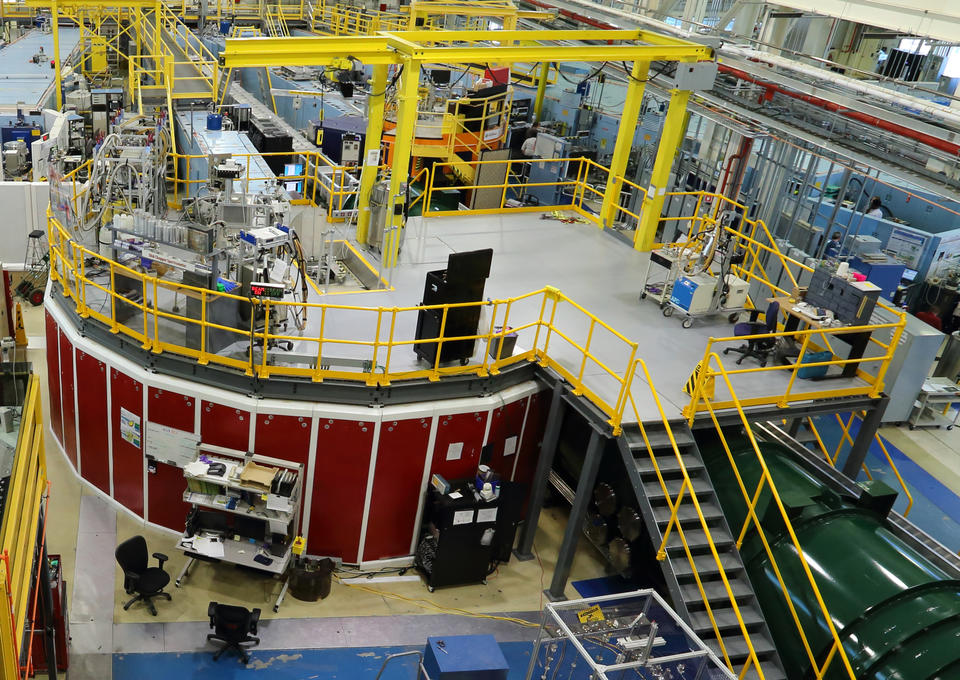
Specifications/Capabilities
A broad range of scientific problems are tackled using the cold-neutron time-of-flight Disk Chopper Spectrometer. Materials that are studied include molecular and porous systems, layered materials, catalysts, glasses, polymers, metal-hydrogen, biological, and magnetic systems. Phenomena that are investigated include translational and rotational diffusion processes, vibrational excitations and densities of states, tunneling phenomena, and magnetic excitations, particularly in the context of frustration and novel ground states of quantum materials.
The ability to access a wide range of energy and wave vector transfers, with good energy resolution, is a reason to consider DCS for your neutron scattering experiment. Please contact us to discuss your ideas.
Scientific Opportunities/Applications
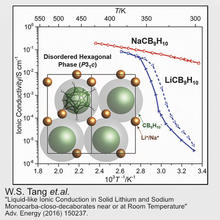
|
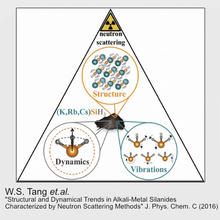
|
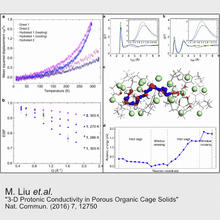
|
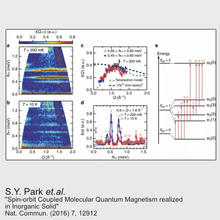
|
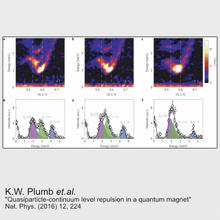
|
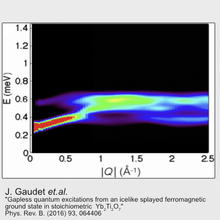
|
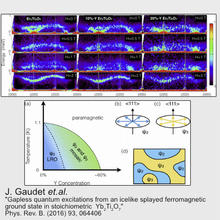
|
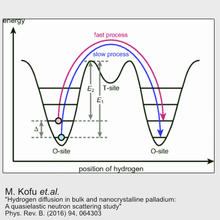
|
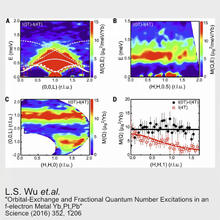
|

